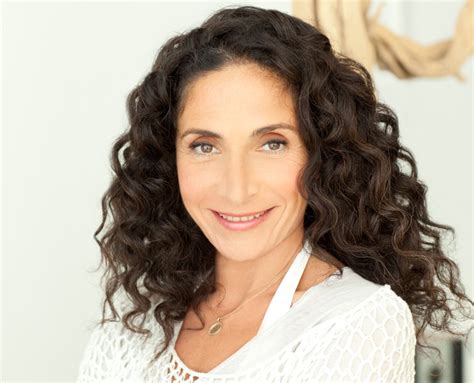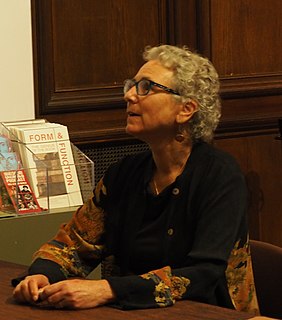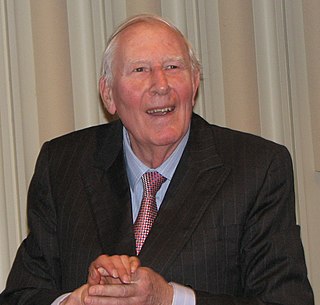A Quote by Mandy Ingber
Each organ is related to an emotion, and the lungs are related to grief. When you clear your lungs, you eliminate grief and sadness.
Related Quotes
to love life, to love it even when you have no stomach for it and everything you've held dear crumbles like burnt paper in your hands, your throat filled with the silt of it. When grief sits with you, its tropical heat thickening the air, heavy as water more fit for gills than lungs; when grief weights you like your own flesh only more of it, an obesity of grief, you think, How can a body withstand this? Then you hold life like a face between your palms, a plain face, no charming smile, no violet eyes, and you say, yes, I will take you I will love you, again.
Grief causes you to leave yourself. You step outside your narrow little pelt. And you can’t feel grief unless you’ve had love before it - grief is the final outcome of love, because it’s love lost. […] It’s the cycle of love completed: to love, to lose, to feel grief, to leave, and then to love again. Grief is the awareness that you will have to be alone, and there is nothing beyond that because being alone is the ultimate final destiny of each individual living creature. That’s what death is, the great loneliness.
My body rises with the water. Instead of kicking my feet to stay abreast of it, I push all the air from my lungs and sink to the bottom. The water muffles my ears. I feel its movement over my face. I think about snorting the water into my lungs so it kills me faster, but I can't bring myself to do it. I blow bubbles from my mouth. Relax. I close my eyes. My lungs burn.
Grief is real because loss is real. Each grief has its own imprint, as distinctive and as unique as the person we lost. The pain of loss is so intense, so heartbreaking, because in loving we deeply connect with another human being, and grief is the reflection of the connection that has been lost. We think we want to avoid the grief, but really it is the pain of the loss we want to avoid. Grief is the healing process that ultimately brings us comfort in our pain.
A newborn child has to cry, for only in this way will his lungs expand. A doctor once told me of a child who could not breathe when it was born. In order to make it breathe the doctor gave it a slight blow. The mother must have thought the doctor cruel. But he was really doing the kindest thing possible. As with newborn children the lungs are contracted, so are our spiritual lungs. But through suffering God strikes us in love. Then our lungs expand and we can breathe and pray.
Brod discovered 613 sadnesses, each perfectly unique, each a singular emotion, no more similar to any other sadness than to anger, ecstasy, guilt, or frustration. Mirror Sadness. Sadness of Domesticated Birds. Sadness of Being Sad in front of One's Parent. Humor Sadness. Sadness of Love Without Release.




































